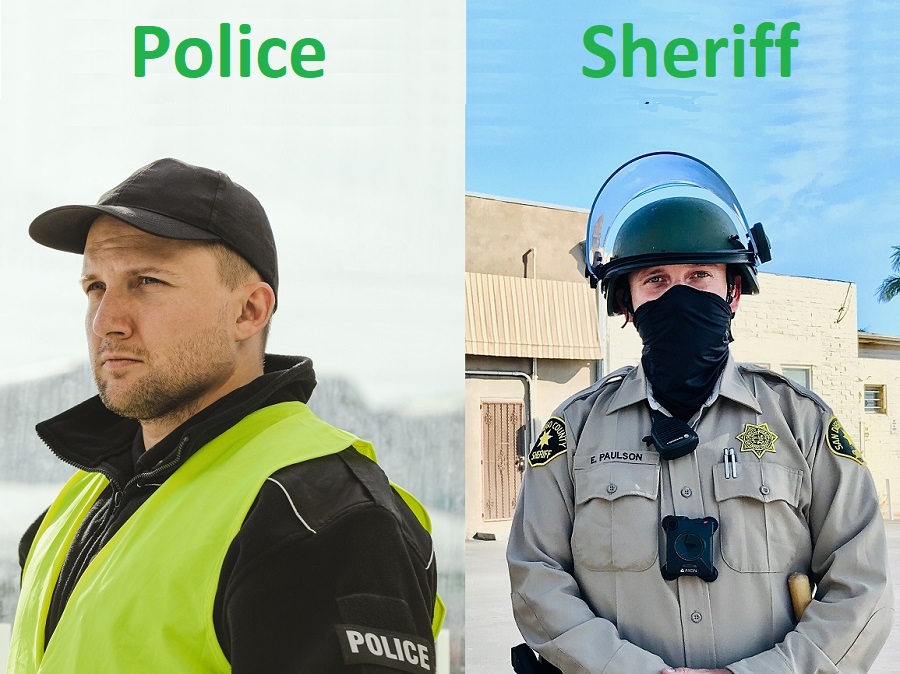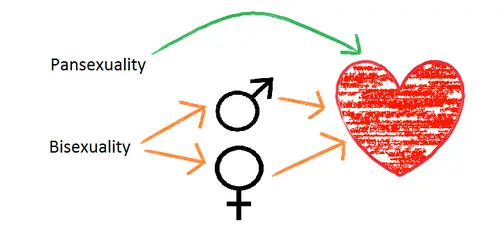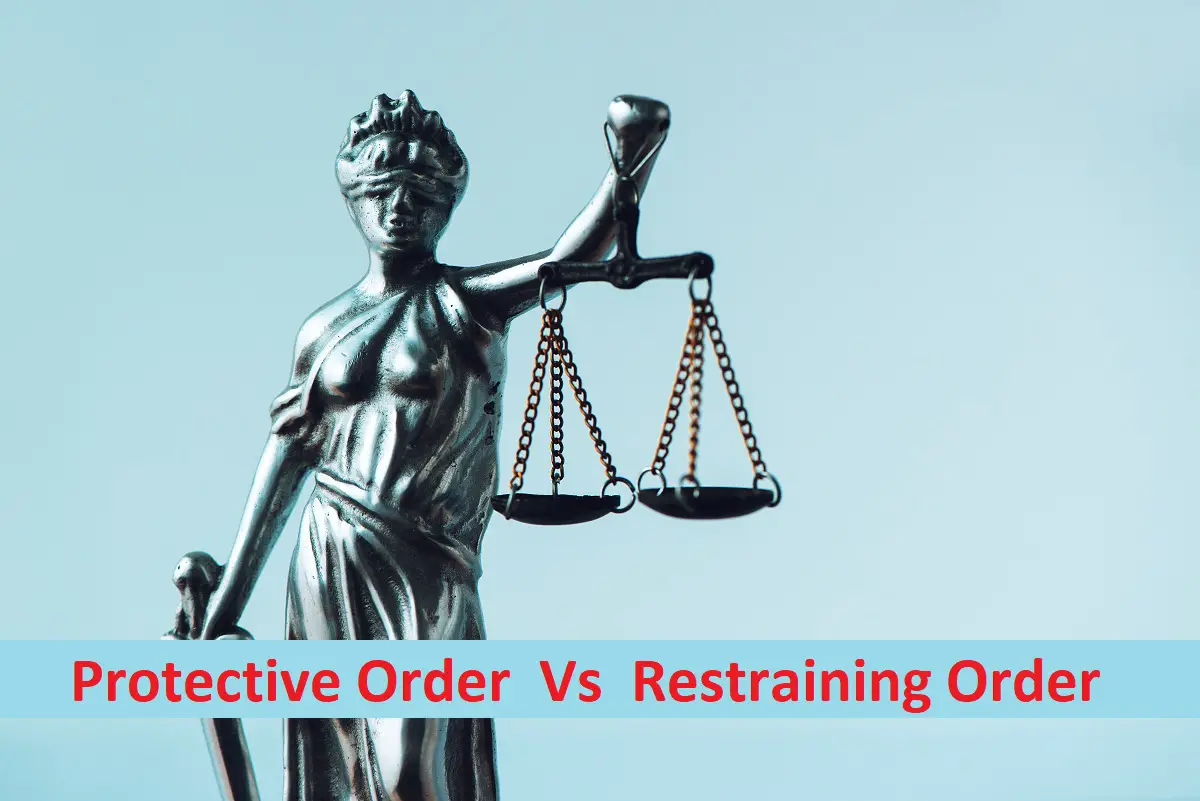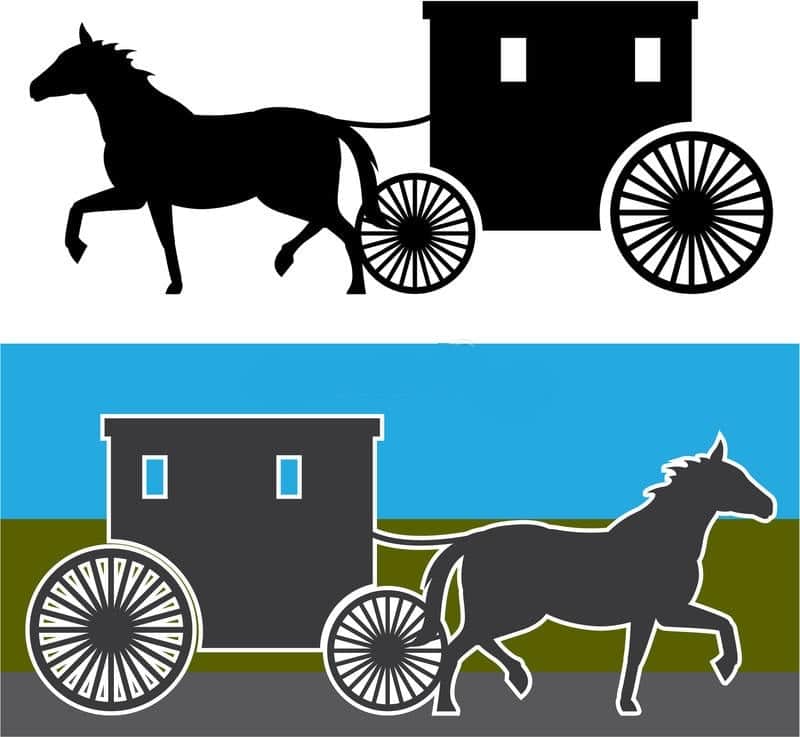Difference Between Sheriff and Police
Sheriffs and police officers are both integral parts of the law enforcement system. While they are both responsible for peacekeeping within their designated areas, a lot of their responsibilities tend to be different from one another.
Knowing the difference between sheriff and police will help you contact the right person in case of an emergency.
Sheriff vs. Police: An Overview
A common scene we see in modern movies and TV shows is the sheriff vs. police faceoff. Often it’ll be seen that a police officer has to back off a case because it falls under the jurisdiction of the sheriff. And so, legally, the case then belongs to the sheriff for further investigation.
While the Sheriffs are backed by the county people and work hand in hand with the court, they are well-respected by everyone including the police officers. Their power lies within the borders of a county as opposed to police officers whose duties are limited within the boundaries of a town/city.
As the sheriff’s department is funded by the local taxpayers, they tend to have more facilities than police officers because of the large funds. This can however differ if a municipal governing body can raise more funds for their police department.
In some precincts, you might find their very own jail cells for keeping criminals locked for a brief time period.
So who beats who in terms of power? Well, if we had to decide the winner in a deputy sheriff vs police officer match up, it would be the sheriff. This is solely because the sheriff is directly connected with the court and has good relations with their county citizens.
Since there are no elections where the citizens of the area can participate, they tend to have distant relationships with their police chief.
What Does a Sheriff Do?
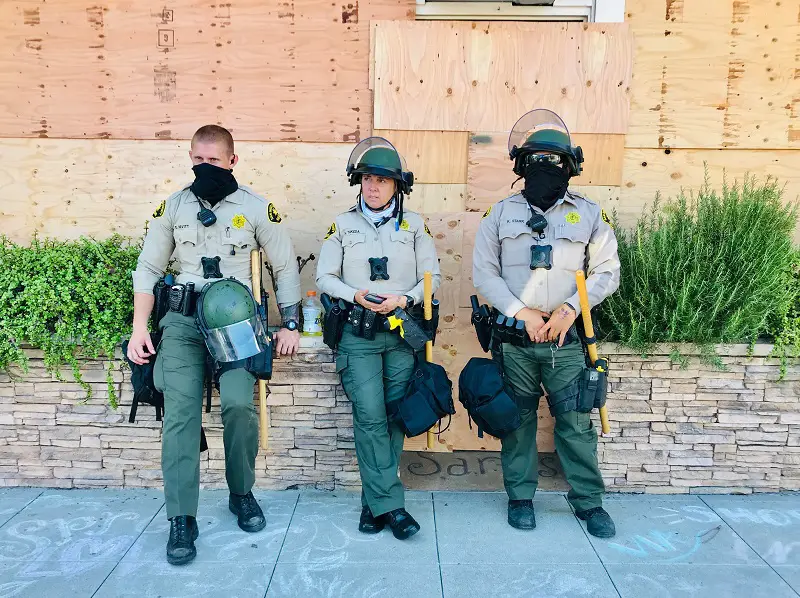
To start off, you must know that sheriffs aren’t just hired and placed on their seats. Every four years an election takes place amongst the county members to appoint a deputy sheriff. While it’s true that their responsibilities lie within their county of jurisdiction, they come in service for other matters outside the boundaries too.
For instance, a sheriff is responsible for peacekeeping and enforcing the law in their area. But, in most cases, they are also given the job of transporting convicts from one place to another. Much like a police officer, Sheriffs can issue warrants, make arrests and carry out their own investigations.
Most counties that don’t have their own police department rely on the sheriff to protect them. This allows the sheriffs to work on cases along with their duties. Not only are they elected by the people but are also paid by the local taxpayer’s incomes.
What Does a Police Officer Do?

Now that we have a clear idea of what we can expect from the sheriff let’s look at a police officer’s responsibilities. What you must understand is that there are various subcategories of police officers. For example, the responsibilities of a police chief would be vastly different from a patrol officer.
The governing body of a town or area puts together a fund to create the police department. Based on the fund, they can then decide how many additional officers to hire and who to place as the chief.
There are no strict laws that limit how long a chief can hold their chair. And so, their length of stay depends on how well they perform.
Much like the sheriffs, police officers enforce laws and can put people into jail. Depending on the fund, a police department can have its own jail for holding violators. Shortly after, they are then transferred to the county jail.
Recommended for You:
Main Differences Between Sheriff and Police
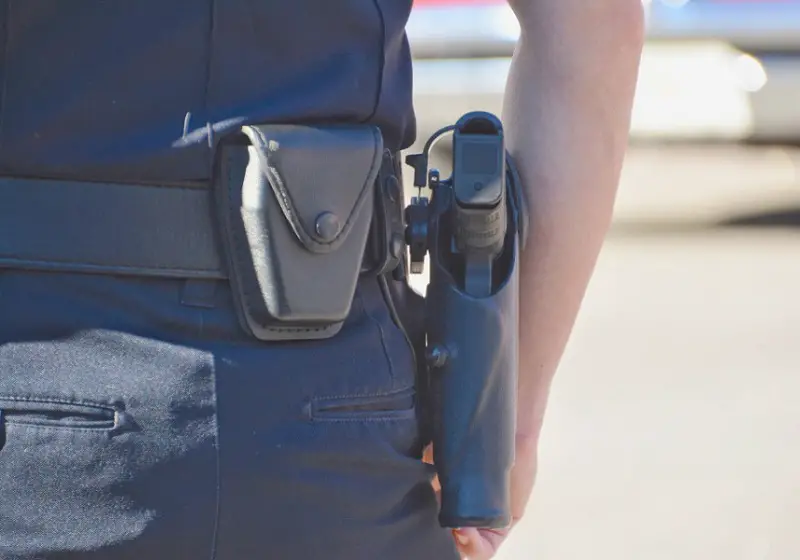
- Deputy Sheriffs are voted for via an election, whereas the municipal body decides who becomes the chief of police.
- Deputy Sheriffs have a 4 year period after which another election is held. The chief of police, however, has no deadline to his reign over the precinct.
- While both of them are peacekeepers, police officers do not have jails of their own and need to transfer their perps to the county jail.
- The sheriff’s department oversees what goes on inside the county jail and is responsible for transferring criminals in and out of prison. Police officers do not have that authority.
- Police officers are paid through the fund raised by their municipal body whereas sheriffs are paid from the tax collected through the county citizens.
Comparison Table Between Sheriff and Police
| Parameters of Comparison | Sheriff | Police |
| Leader Selection | Deputy is elected by the people of the county | Chief of police is decided by the municipal government |
| Jurisdiction | Limited within the boundaries of a county | Is limited to the boundaries of a town or city |
| Responsibilities | Ensures peacekeeping and transporting convicts in and out of the county jail | Enforces the laws but they do aren’t authorized to work in the county jail |
| Income Source | Collective funds from the taxpayer | Collective funds brought together by the government |
Conclusion
Both the sheriff and police officers work their pants off day and night to ensure our safety.
They do have various overlaps in responsibilities, but their differences in jurisdiction and county jail duties set them apart. Either way, we should always treat them with respect and gratitude for the work they do out on the dangerous streets.
Nevertheless, let us know your opinion on our sheriff vs police officer guide in the comments.
